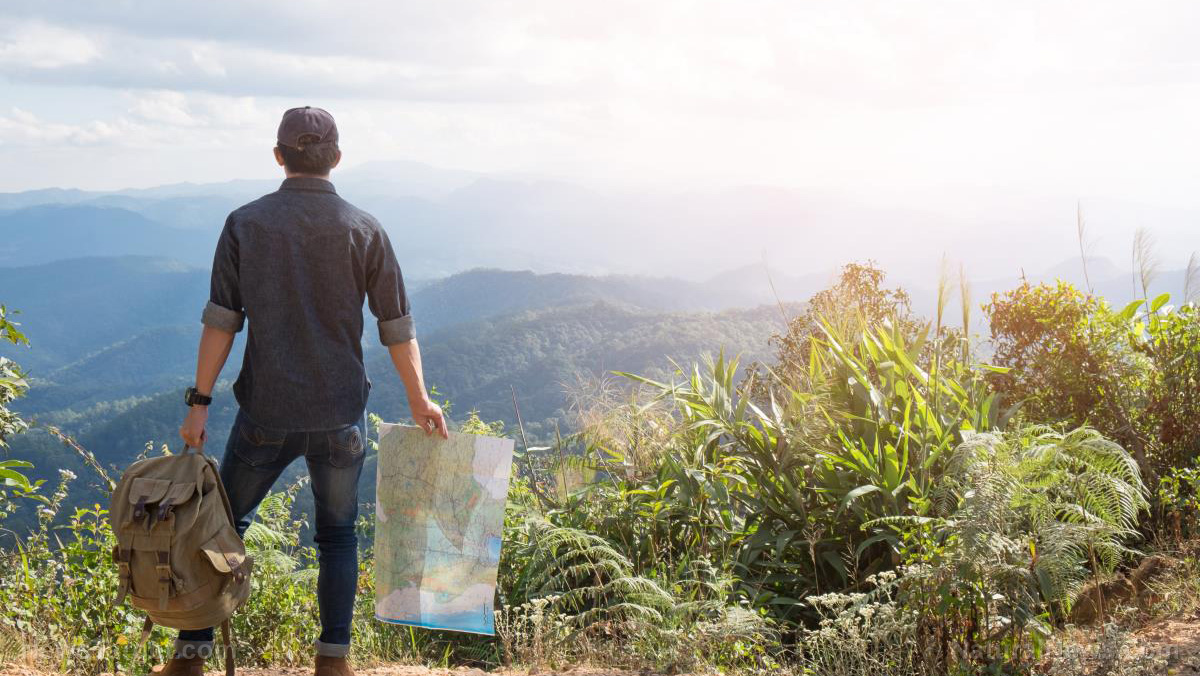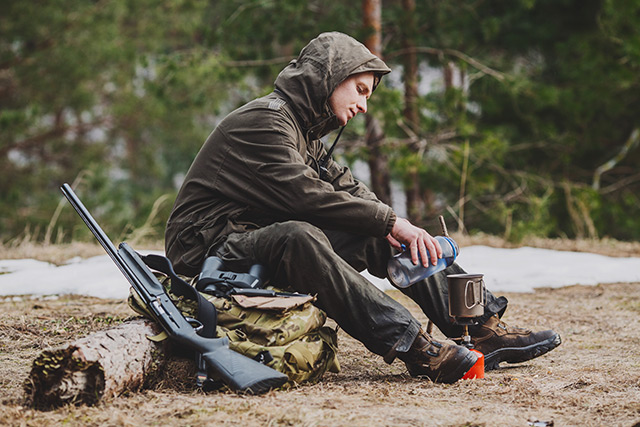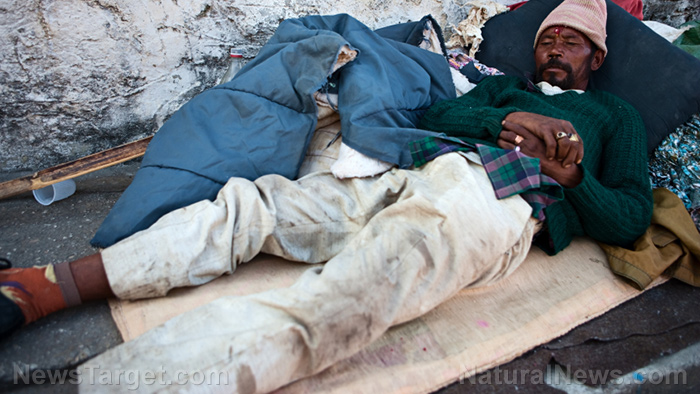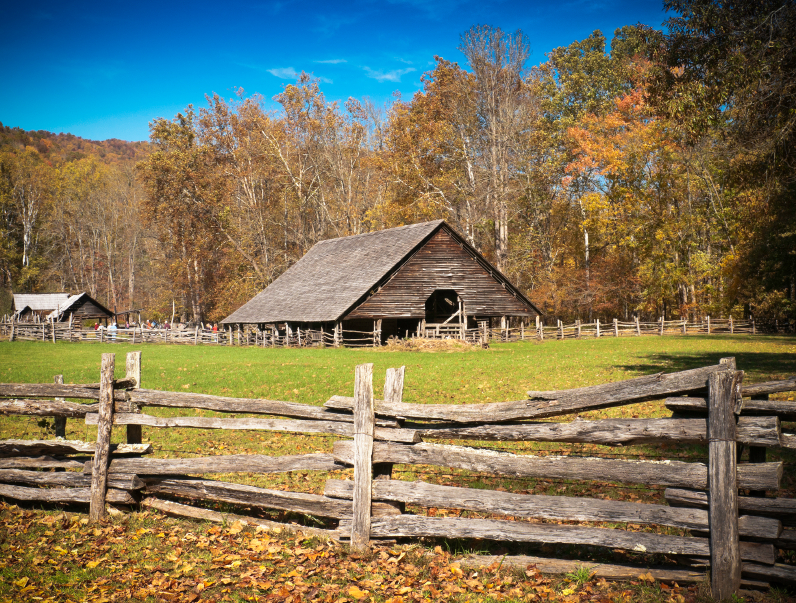Why you should learn to barter for when SHTF
10/06/2018 / By Ethan Huff

It’s not exactly a pleasant subject matter to discuss the “what ifs” of a total societal collapse. But that doesn’t mean it’s not smart to take the potential of one occurring seriously, especially if you and your family hope to survive a calamitous event that might result in basically everything “hitting the fan.”
Since most things have been digitalized these days, it’s a very good idea to consider all of the things that you’ll no longer be able to do, should the power go out indefinitely. One of these things is money, which even if you happen to have a good amount of cash on hand as opposed to just plastic debit and credit cards, might not be worth all that much during a catastrophe.
Knowing how to trade actual goods and services needed for survival is much more valuable than holding a bunch of paper and metal, in other words. But most people living in today’s post-industrial world don’t have a clue about how to barter things that are actually useful and necessary for survival – nor do many of them even know what they might need to barter when civilization crumbles.
Bob Rodgers from PreppersWill.com recently penned a helpful article about bartering with some helpful tips about how to be a skilled barterer. He explains how things like alcohol, cigarettes, ammunition, and of course food, are all critical goods to have on hand for bartering purposes.
“Before hard cash became the ruler of our great nation, bartering was not only the best way but the only way to obtain goods and services,” writes Rodgers. “The fact that trade is simply part of human nature assures us that it will always continue, even after a disaster strikes.”
Mother Nature's micronutrient secret: Organic Broccoli Sprout Capsules now available, delivering 280mg of high-density nutrition, including the extraordinary "sulforaphane" and "glucosinolate" nutrients found only in cruciferous healing foods. Every lot laboratory tested. See availability here.
Learn how to grow food, make hygiene products, and negotiate
Some of what Rodgers suggests requires some intense critical thinking outside the box because, again, the scenarios that necessitate his bartering tips aren’t anything that most people living today have ever had to deal with.
When cash is no longer an option, and all of the institutions and services that most people are used to having at their fingertips are dead and gone, knowing how to barter will be critical for the average person’s survival.
“Believe it or not, the crash of the dollar has great potential,” explains Rodgers. “Those who survive the initial crisis will still have to live, and this means a certain value is infused in items that will lengthen one’s life or things that will make life a bit more bearable.”
Considering the types of things that most of us need every single day, you might want invest your time in learning how to produce them “off the grid.” Such things include learning how to make soap and hygiene products, or growing food on your property. Such things will be in high demand, and having them on hand to trade will be critical for you and your family’s long-term survival.
It’s also a good idea to assess the value of such items, as well as study up on how to negotiate with others for trading purposes. If another person has a motherlode of meat, for instance, and you have just a few extra tomatoes, consider what your food is worth in comparison to another’s, and learn how to trade wisely.
“Skills in trades such as leather workings or metal fabrication will come in mighty handy as well,” says Rodgers.
“Imagine if you possessed the skills to make simple sandals from old tires and a bit of used leather? People would soon find their cheaply made, but costly when purchased shoes are falling apart.”
Be sure to read Rodgers’ full report at PreppersWill.com.
You can also learn more survival tips by checking out the content available at Survival.news.
Sources for this article include:
Tagged Under: bartering, Collapse, crash, crisis, disaster, economy, Events, food, goods, hygiene, negotiating, Preppers, prepping, services, SHTF, skills, society, survival, survival skills, trading




















